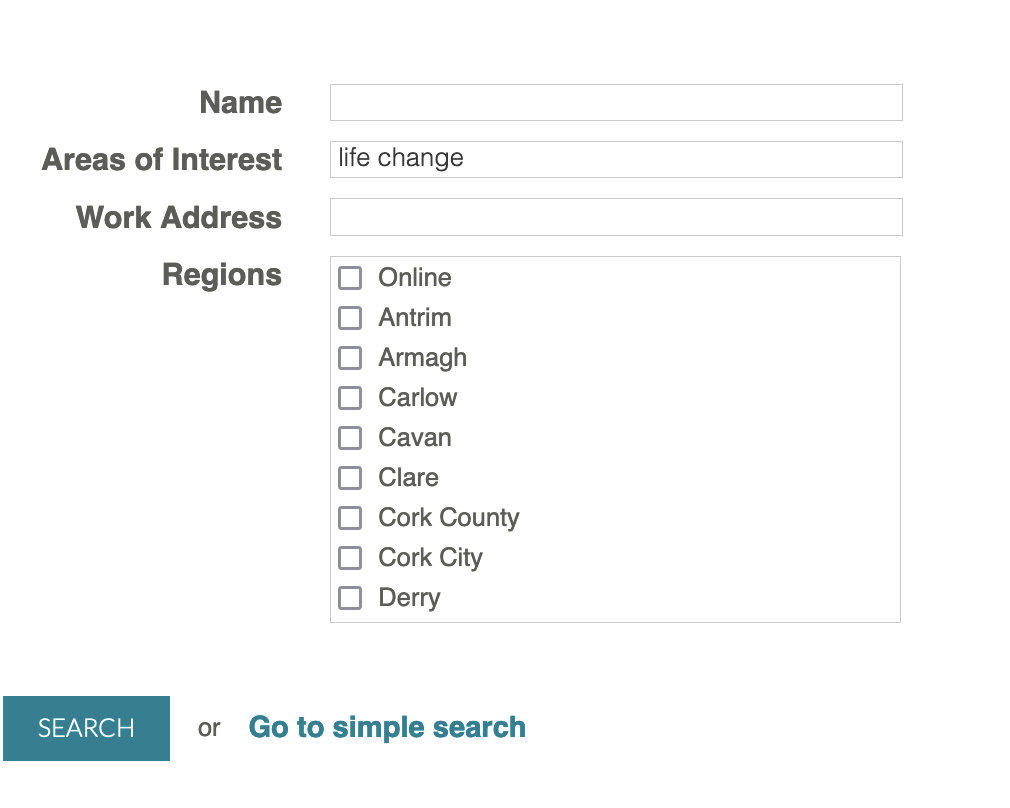
It’s absolutely normal to feel worried on occasion. However, if you’ve found that your thoughts are increasingly negative and you are struggling to pull yourself out of that pattern it might be time to look at ways to help yourself get back to a more positive place. Negative thoughts can lead to low mood which can feed even more negative thoughts so it’s important to break the cycle before it leads to real emotional distress.
How do you know that you are stuck in a negative thought pattern? It happens over time so it’s not always easy to identify. If any of the following scenarios feel familiar, you might be experiencing cognitive distortions.
- Catastrophising – You anticipate the worst-case scenario and exaggerate the potential negative outcomes of a situation.
- Jumping to conclusions – You make assumptions or predictions about what others are thinking or how they will behave, without concrete evidence. This can lead to misunderstandings and unnecessary anxiety.
- Labelling – You assign global judgments or negative labels to yourself or others based on specific behaviours or actions. This oversimplification can overlook the complexity and nuances of individual situations.
- All-or-nothing thinking – You perceive situations as either completely positive or completely negative, without considering any middle ground. You tend to see things as either perfect or terrible, right or wrong.
- Overgeneralisation – You take one specific instance or example and apply it to all similar situations - you may use phrases like "always" or "never" to make sweeping generalisations.
- Tunnel vision – You focus solely on one aspect of a situation, ignoring or disregarding other relevant information. This can lead to an imbalanced perspective, often fixating on the negative while overlooking the positive.
- Discounting the positive – You downplay or dismiss the positive aspects of a situation or yourself. For instance, acknowledging your strengths but considering them insignificant compared to others.
Negative thoughts can happen as a result of trauma, anxiety, depression or other difficult emotions. By tackling the source, you can start to move you out of that space.
Mindfulness, physical activity, spending time in nature and talking with friends and family are great ways to counteract negative thoughts. By engaging in these activities regularly you can disrupt the pattern and form a new positive outlook.
If this doesn’t work for you or you feel you need additional help, an accredited psychotherapist can work with you to address these thought patterns.
A Range Of Experts Available To You
IAHIP Psychotherapists are trained to help people with negative thought patterns. You can search the IAHIP Psychotherapist Directory for this particular issue or any of the issues that may have developed from these changes.
On the Directory page, simply type the issue into the ‘Areas of Interest’ Box:

Additional Resources
For more information on Negative Thought Patterns, you can access articles from our professional journal - Inside Out. Go to the top left of this website page and enter the topic into the search box.

